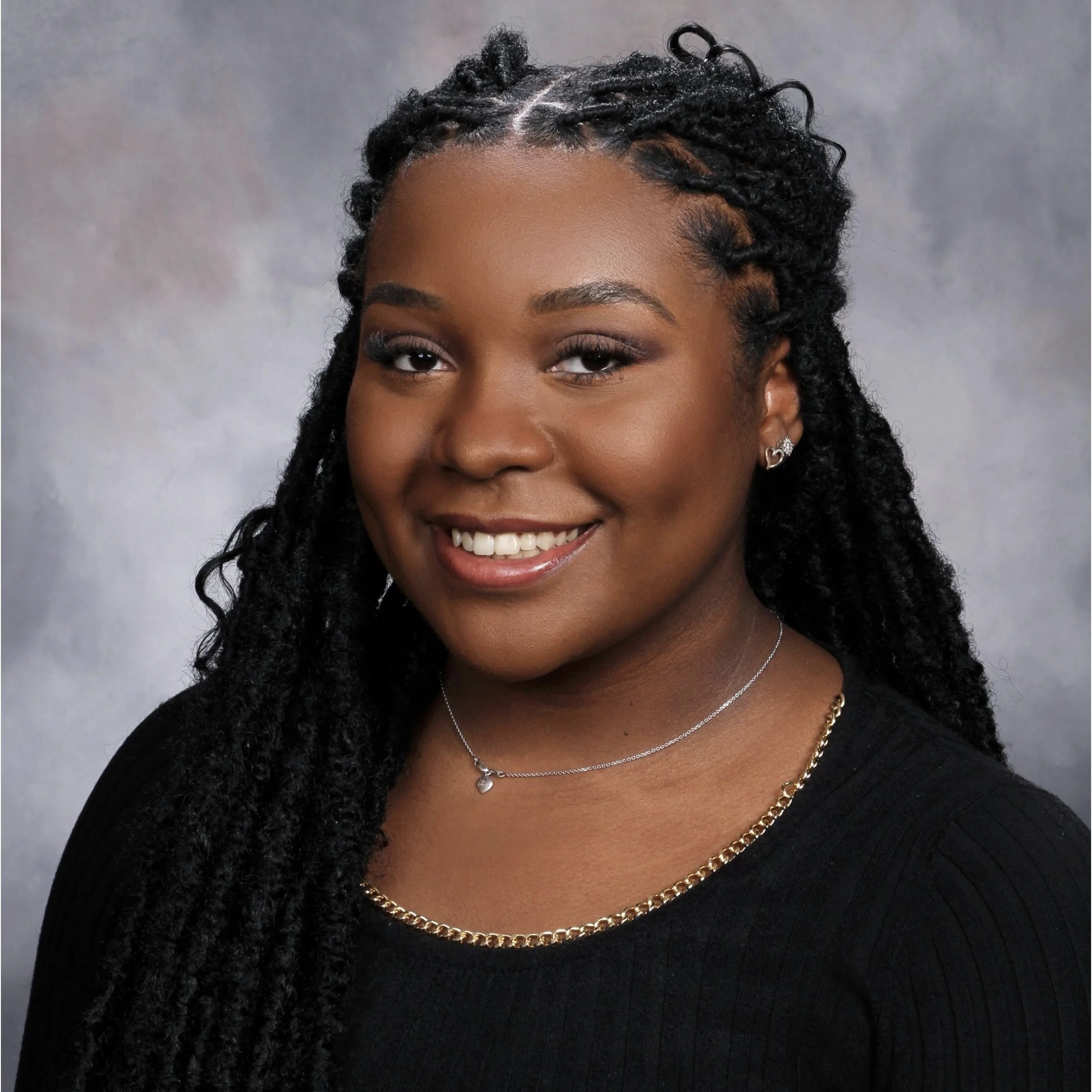ResearchEd
Building Data Capacity to Strengthen Student Support
Institutional research offices are key to understanding and improving student outcomes, but many are under-resourced and stretched too thin to lead and sustain data-informed analyses. High staff turnover, evolving data systems, and limited time for training or collaboration can create significant obstacles to building needed data capacity. Without the ability to confidently access, interpret, and act on data, institutions miss opportunities to use data as a shared asset—one that guides planning, surfaces gaps in student outcomes, and drives student success interventions.
To ensure higher education fulfills its promise of providing supportive learning environments that lead to credentials of value, institutions must regularly ask: How are we serving our students? How are different students experiencing our systems?
In partnership with Axim Collaborative, ResearchEd will work with four broad-access colleges—representing rural, Tribal, and minority-serving institutions—to build data capacity in support of broader institutional effectiveness. This partnership will support institutions in:
Documenting an institutional framework to guide institutions through their data capacity journey;
Co-developing custom tools with each institution to enable them to track progress on key student success metrics, such as early alert systems or data dashboards;
Engaging institutions in a community of practice to further support peer learning and help scale effective strategies across the field.
This work empowers institutions to build data-informed cultures that support continuous improvement. Ultimately, the project is designed to help institutions make smarter decisions that lead to better outcomes for all students – especially those historically underserved.
COLLABORATORS
Rachel Rush-Marlowe
Founder & Executive Director, ResearchEd
Director of Operations, ResearchEd
Tarush Lall
Program Director, ResearchEd
Michelle Foley
Policy Associate, ResearchEd







